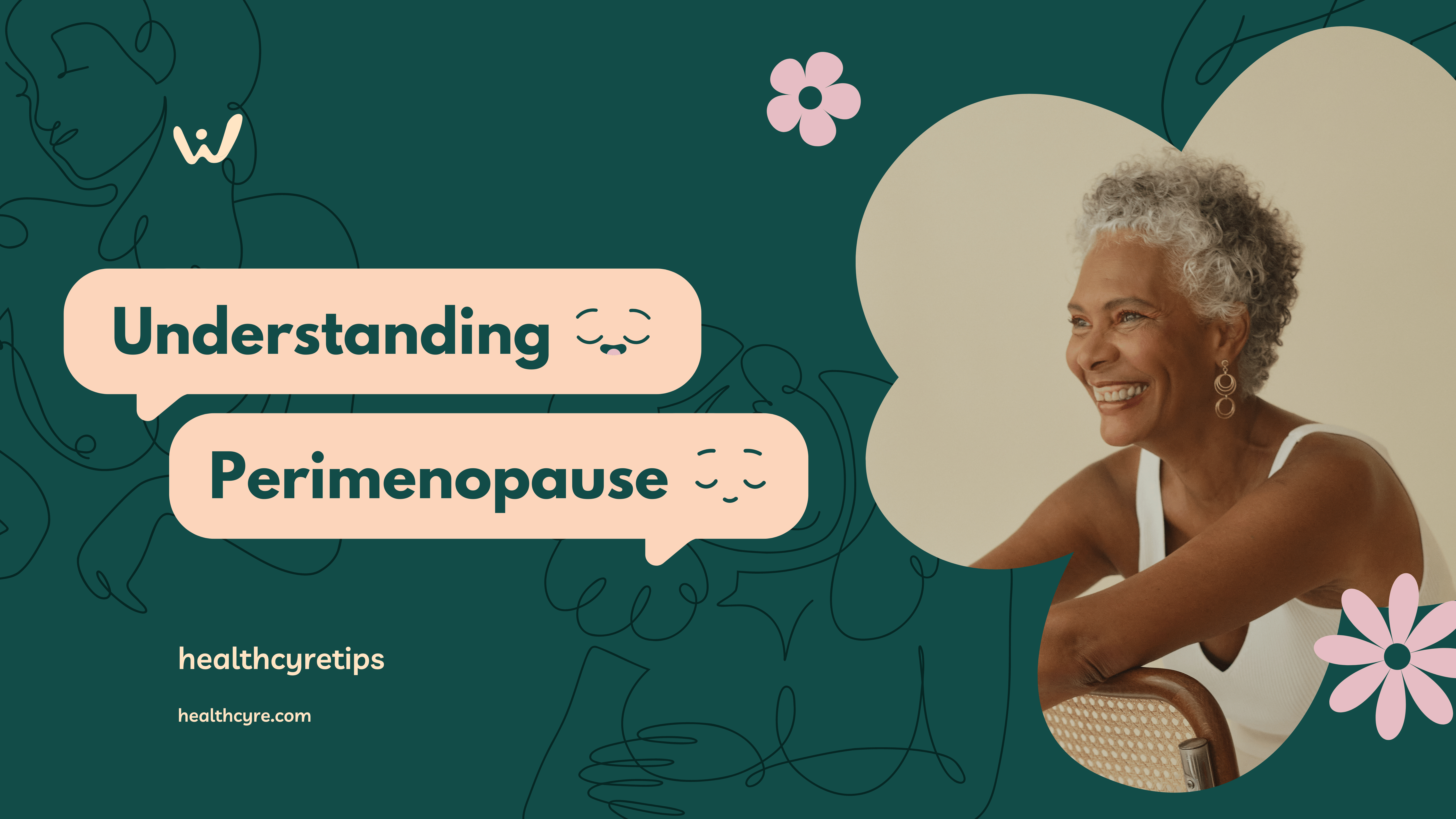Perimenopause is a transitional period before menopause that is characterized by a variety of hormonal changes. One common and sometimes uncomfortable symptom is rapid weight gain. This article investigates the causes of the weight increase, discusses management solutions, and provides insights into preserving general health throughout this time.
During perimenopause, there are fluctuations and a gradual decline in the levels of reproductive hormones.
These changes cause symptoms, which can vary significantly between people. But weight gain is common.
Table of Contents
Causes of Perimenopause and Sudden Weight Gain

Hormonal Fluctuations
During perimenopause, hormone levels vary significantly. Lower testosterone levels can cause greater fat storage, particularly around the belly. This hormone imbalance is a primary cause of abrupt weight gain during this stage.
Slower Metabolism
As women age, their metabolism naturally slows down. A slower metabolism means the body burns fewer calories, which can lead to weight gain if dietary habits remain unchanged. This metabolic shift is exacerbated by the hormonal changes occurring during perimenopause.
Insulin Resistance
Perimenopause can also affect insulin sensitivity. Insulin resistance occurs when the body’s cells do not respond adequately to insulin, resulting in elevated blood sugar levels. This illness generally causes weight gain and increases the chance of acquiring type 2 diabetes.
Body changes and perimenopause
Women may start to experience symptoms and physical changes during perimenopause. Some examples are:
- irregular periods, which may be heavier or lighter than usual
- weight gain
- hot flashes and night sweats
- mood changes
- vaginal dryness
- brain fog
- sleep disturbances
- incontinence
- joint pain
Our own private study of over 25,000 women discovered that sleep issues, night sweats, mood disorders, and hot flashes are the most prevalent symptoms.
We also discovered that women with obesity are more likely to develop hot flashes, mood swings, and sleep issues, as well as chills, hair loss, or dry skin.
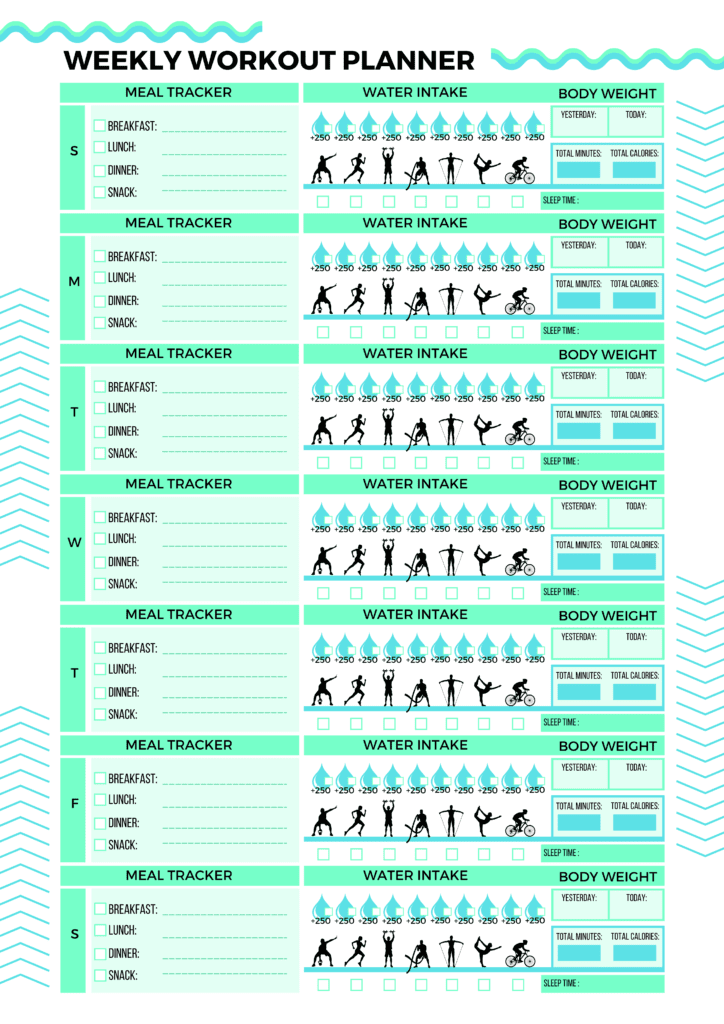
Managing Weight Gain During Perimenopause
There are several ways to help prevent excess weight gain during perimenopause.
Nutrition
A healthy, varied diet rich in fresh vegetables can help lower the risk of weight gain.
A plant-based diet rich in fruits, vegetables, whole grains, nuts, seeds, beans, and other pulses is beneficial.
These foods are high in fiber, aiding your “good” gut bacteria and keeping you full for longer.
Also, make sure to stay hydrated throughout the day. This might involve drinking plenty of water, milk, tea, and coffee.
Avoid highly processed meals and limit your intake of foods heavy in fat, sugar, and salt.
ZOE experts are now investigating how nutrition influences perimenopausal symptoms, such as weight gain.
ZOE believes that no food should be off the table. Restrictive diets fail because they are not sustainable.
Healthy Diet
A healthy diet is essential during perimenopause. Concentrate on eating healthy foods, including fruits, vegetables, lean meats, and whole grains. Reducing processed meals and sweets can help you control your weight more successfully.
Regular Exercise

Regular physical activity is vital. Aim for 150 minutes of moderate aerobic activity each week, such as walking or swimming. Strength training activities performed twice a week might also aid in maintaining muscle mass and increasing metabolism.
Incorporating physical activity into your everyday routine may be easier than you think. It does not have to be a strenuous workout or a marathon. Your fitness regimen should be manageable and sustained.
Most importantly, select something that you appreciate. Perhaps it’s a yoga or Pilates lesson, a salsa class, or a swim at your local sports complex.
Remember that physical exercise includes ordinary activities such as walking, housekeeping, and gardening.
Ideally, strive for around 150 minutes of physical exercise every week.
According to research, combining aerobic and strength-based exercise can assist with perimenopausal symptoms such as hot flashes and nocturnal sweats. It can also aid with weight management and improve mental wellness.
Stress Management
Stress can exacerbate weight gain. Practice stress-reducing activities like yoga, meditation, or deep-breathing exercises. Ensuring adequate sleep is also vital for managing stress and maintaining a healthy weight.
Sleep
Sleep is necessary for all physiological functions and has an impact on both our physical and emotional well-being.
So, getting adequate quality sleep is critical. Ideally, aim for 7-9 hours of sleep every night, although your specific needs may vary somewhat.
During perimenopause, many women report difficulty with sleep. In fact, sleep disturbances affect an estimated 39–47% of women at this time in their lives.
What’s at the root of poor sleep during perimenopause isn’t entirely clear. This is an area that clearly needs more attention from researchers.
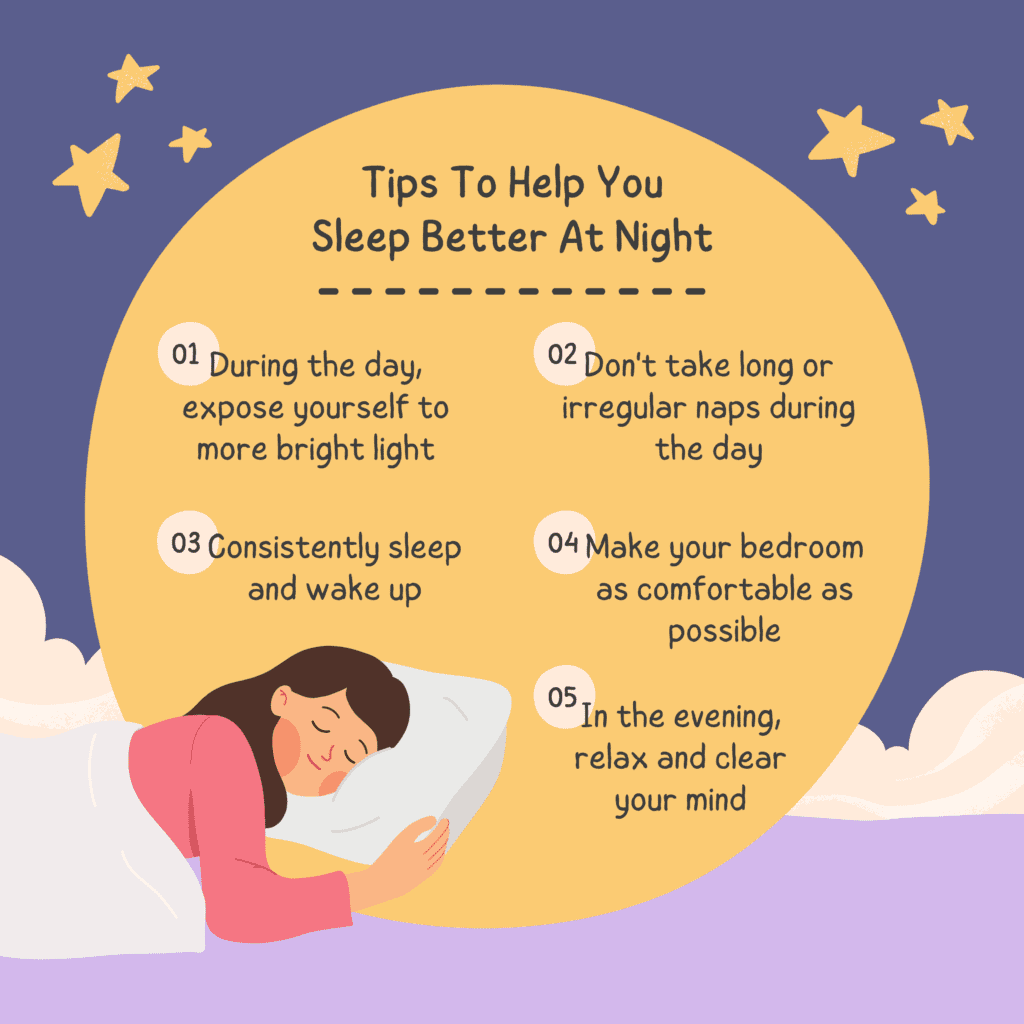
- With this in mind, here are some general tips for a good night’s sleep:
- Keep your bedroom cool to simulate a dip in body temperature during sleep.
- Limit your stimulating screen usage before bedtime.
- Encourage relaxation via mindfulness, breathing techniques, or mild stretching.
- Avoid taking extended naps during the day.
- Avoid stimulants like coffee later in the day.
- Keep the lighting dark to promote slumber.
- Take a nice bath, read a book, or listen to your favorite music to unwind.
importance of Regular Health Check-ups
Monitoring Hormone Levels
Regular check-ups can help check the levels of hormones and provide knowledge about how to manage problems. Hormone replacement treatment (HRT) may be an option for some women who want to regulate their hormones and lessen symptoms like weight gain.
Blood Sugar Levels
Monitoring blood sugar levels is critical, especially if there is a danger of insulin resistance. Regular monitoring can help avoid the formation of type 2 diabetes and improve weight management outcomes.
Bone Density
Perimenopause can affect bone density, increasing the risk of osteoporosis. Regular bone density tests and maintaining a diet rich in calcium and vitamin D can support bone health.
Emotional Well-being
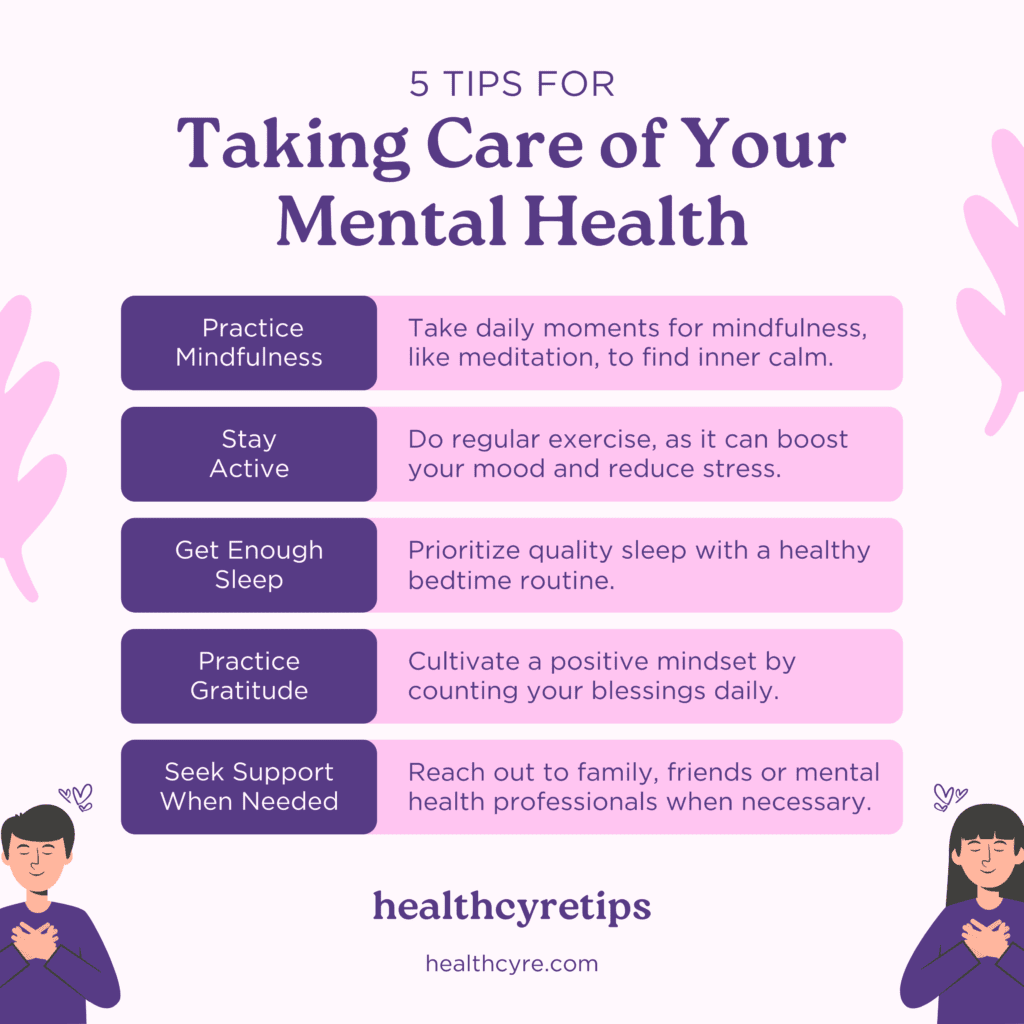
Mental Health Awareness
During perimenopause, emotional well-being is as vital as physical health. Hormonal fluctuations can result in mood swings, anxiety, and sadness. It is critical to recognize these sentiments and get help when necessary. Speaking with a therapist or joining a support group might provide significant emotional help.
Self-Care Practices
Incorporate self-care practices into your daily routine. Activities like journaling, reading, or engaging in hobbies can provide a much-needed mental break. Practicing mindfulness and being present in the moment can also help reduce stress and improve overall well-being.
Diet and Nutrition Tips
Protein-Rich Foods
Including protein-rich foods in your diet can help build and maintain muscle mass, which is crucial as metabolism slows down. Lean meats, fish, eggs, beans, and nuts are excellent sources of protein.
Fiber Intake
Eating plenty of fiber can aid in digestion and help maintain a healthy weight. Fruits, vegetables, whole grains, and legumes are all high in fiber. Fiber also helps you feel full longer, reducing the likelihood of overeating.
Hydration
Staying hydrated is vital for overall health. Drinking enough water supports metabolism and can help manage weight. Aim for at least eight glasses of water a day, more if you are physically active.
Exercise Recommendations
Cardiovascular Exercise.
Cardiovascular activity is essential for both heart health and weight management. Walking, jogging, cycling, and swimming raise heart rate and burn calories. Aim for at least 30 minutes of cardiac activity on most days of the week.
Strength Training
Strength training preserves muscular mass and promotes a healthy metabolism. Incorporate weight lifting, resistance band workouts, and bodyweight exercises like squats and push-ups. Aim to do strength training at least twice a week.
Flexibility and Balance
Maintaining flexibility and balance becomes more crucial as we age. Yoga, Pilates, and stretching activities can help increase flexibility and lower the risk of falling. These exercises can encourage relaxation and stress reduction.
Social Support and Community
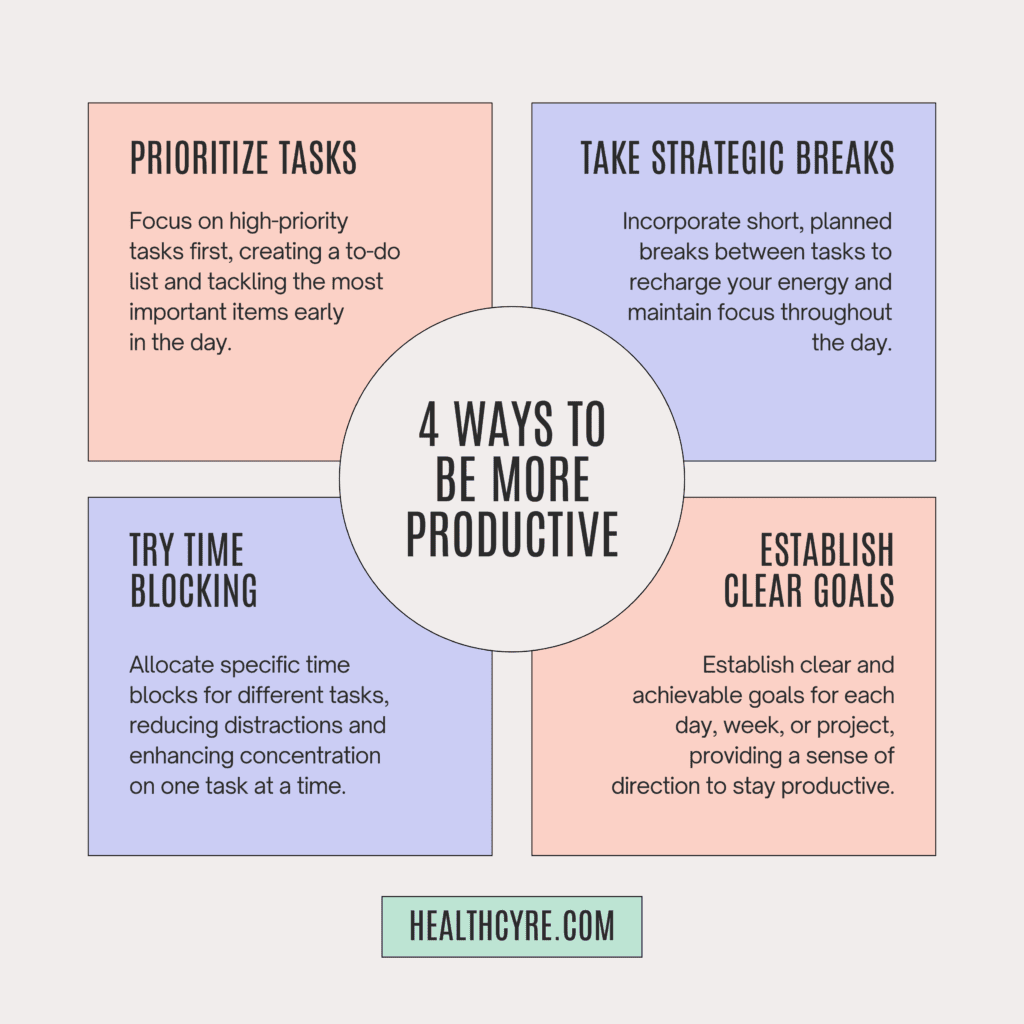
Connecting with Others
Building a solid support network can help you cope with the mental and physical problems of perimenopause. Maintain contact with friends and family, and consider joining a local or online support group for women undergoing similar transitions.
Open Communication
Communicate openly with loved ones about what you are experiencing. Sharing your journey can provide emotional support and help others understand your needs and challenges.
Professional Guidance
Seek guidance from healthcare professionals, including doctors, nutritionists, and fitness trainers. Professional advice can provide personalized strategies to manage weight gain and overall health during perimenopause.
Conclusion
Perimenopause is a challenging phase with many physical changes, including sudden weight gain. Understanding the causes and implementing strategies to manage them can lead to a healthier, more balanced life. Focus on maintaining a healthy diet, regular exercise, and stress management techniques. Regular health check-ups are essential to monitor changes and address any concerns promptly.
Health Cyre Tips
- kelly Clarkson’s weight lossKelly Clarkson’s weight loss American singer and television personality Kelly Clarkson has captivated audiences lately with her incredible weight-reduction makeover and powerful voice. Many admirers throughout the world have been motivated by Kelly’s path towards a better life. We explore Kelly Clarkson’s weight reduction journey in detail in this extensive piece, including her motives, techniques, …
- Understanding Constipation Pain: Where It Is Felt in the BackIntroduction Frequently, constipation pain (where it is felt in the back) is a digestive problem that affects a lot of individuals globally. Constipation commonly causes discomfort in the abdomen, but it can also cause severe back pain. Comprehending the correlation between constipation and back pain might facilitate more efficient management of the underlying problems. Constipation …
- Nitric Acid Molar Mass: Everything You Need to Know in One PostThe high-reactivity Nitric Acid Molar Mass and extremely corrosive mineral acid Nitric Acid (HNO3) are widely employed in many different industrial applications. It is crucial to comprehend its characteristics, especially its molar mass, for both academic and practical reasons. In this article, we shall examine the meaning, computation, and uses of nitric acid’s molar mass …
- Recipe to Clear Lungs in 3 DaysMaintaining healthy, clear lungs in 3 days is crucial, especially in our modern world, where pollutants and allergens are ubiquitous. Whether you are recovering from a respiratory infection, dealing with the effects of smoking, or simply wanting to give your lungs a detox, there are natural remedies that can help. Here, we provide a detailed, …
- Long-Term Health Effects Associated with Anorexia NervosaAnorexia nervosa is a severe eating disorder characterized by extreme weight loss, an intense fear of gaining weight, and a distorted body image. The long-term health effects of anorexia nervosa are extensive and can be life-threatening. Among these effects, osteoporosis—a condition where bones become weak and brittle—is highly associated with anorexia nervosa. This article will …
